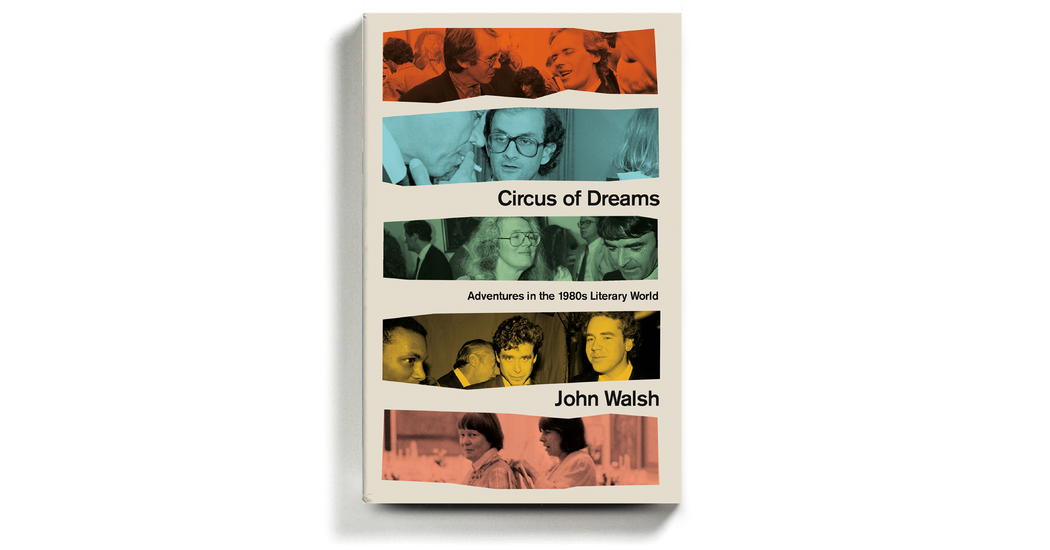
America wasn’t a dead zone during this period. The Brat Pack (Jay McInerney, Tama Janowitz, Bret Easton Ellis) made crisscross tracks across post-midnight Lower Manhattan. The Kmart Realists (Ann Beattie, Raymond Carver, Joy Williams, Richard Ford) prowled, in their minimalist fiction, through laundromats and cut-rate hotels.
The prestige novels, the homework for literate adults, included Don DeLillo’s “White Noise,” Toni Morrison’s “Beloved,” William Kennedy’s “Ironweed” and John Updike’s “Rabbit is Rich.”
Walsh makes London, however, seem like the place to have been. The stage was smaller; everything burned more brightly; more angels teemed on the head of a pin.
“Circus of Dreams” is memoir as well as history. Walsh grew up in South London. His father was a doctor, a general practitioner, and his mother a nurse. Neither was a big reader, but their son was. He got a degree in literature from Oxford and held many jobs in journalism before becoming the literary editor of The Evening Standard and then, in his mid-30s, The Sunday Times of London.
At The Sunday Times, his deputy was Nigella Lawson, then in her late 20s. She was, to Walsh, terrifyingly witty, well-read and socially connected.
One day Walsh needed computer help and Lawson offered to assist. He continued to flail. In frustration, she plunked herself down on his lap and made the fix. Walsh struggled to process, he writes, that “one of the great beauties of the 20th century had just settled herself upon my seated person.”




